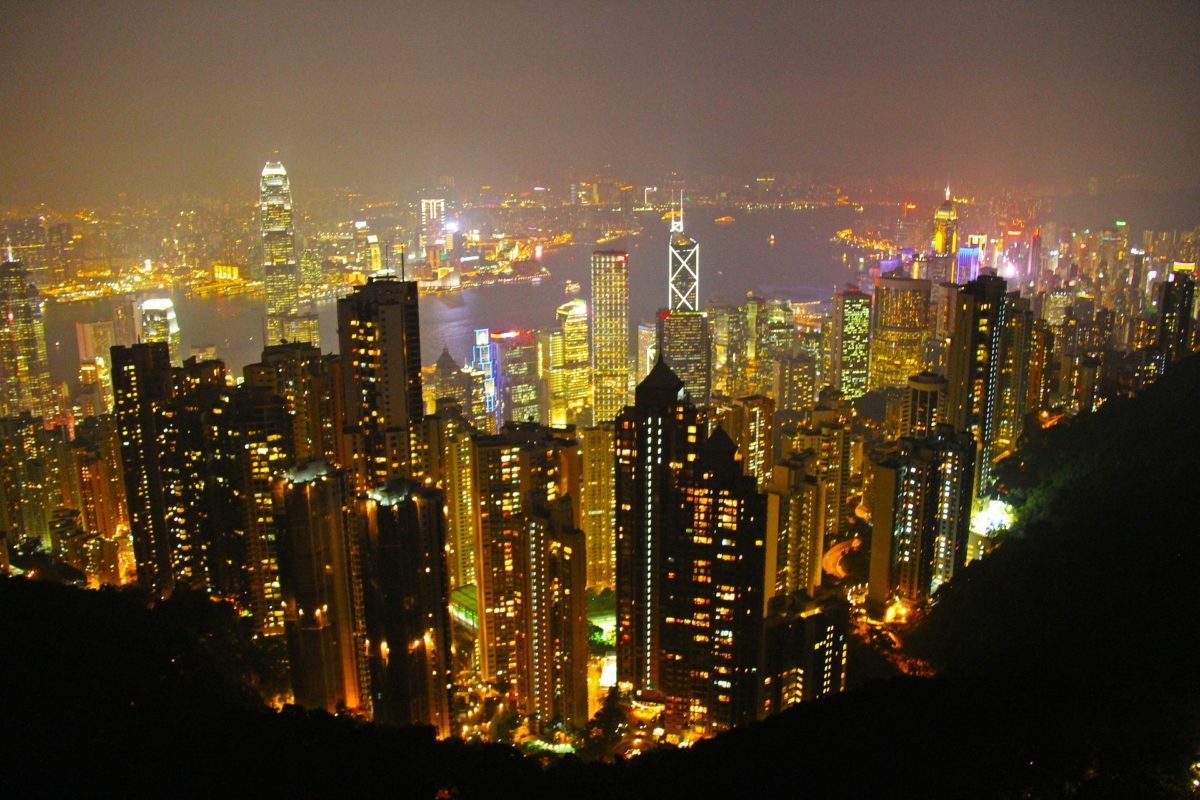The board of debt-saddled, state-owned solar developer Panda Green may have had an unexpected surprise after informing the Hong Kong Stock Exchange today they would be unable to publish the paperwork related to a shareholder vote in time for the original deadline.
The company announced the exchange had given it only two more days beyond today’s deadline for confirming when a vote would be held on its latest proposed state bail-out – and the meeting details duly emerged within hours.
On December 30, shareholders will be asked to approve a HK$1.79 billion (US$229 million) injection from Beijing Energy Investment Holding Co Ltd which will entitle the new stakeholder to a 32% slice of the restructured company.
Pressing debt deadline
There seems little doubt which way the wind will blow given Panda Green needs to find US$350 million to settle senior unsecured bonds due to mature on January 25. The HK$1.76 billion the bail-out is expected to generate will still leave the developer more than US$125 million short of removing that headache, a fact acknowledged in today’s company documents solely by the line: “The company is currently exploring all means to ensure that the remaining amount of outstanding bonds will be settled.”
The assessments of the health of Panda Green made by the board and independent economic adviser Lego Corporate Finance Ltd attempt to paint the picture of a company recovering its balance after its business model was destroyed by Beijing’s decision to rein in public solar subsidies at the end of May last year. The extent of that recovery, however, runs only to the fact a current-assets-to-liabilities shortfall which expanded from RMB594 million (US$84.4 million) three years ago to RMB1.82 billion at the end of 2017 had at least come in to a mere RMB928 million a year ago.
More public money
Panda Green – which is already 62.73% owned by public entities China Merchants New Energy Group Ltd, Huaqing Solar Power Ltd and China Huarong Overseas Investment Holdings Co Ltd – was at the end of September sitting on short-term bank borrowings of RMB2.87 billion as part of a total short-term debt pile of RMB8.95 billion. Long-term borrowings of RMB20.83 billion at that point included bank borrowings RMB6.65 billion, indicating just why the RMB8-10 billion of improved credit lines Beijing Energy Investment is expected to bring would be so welcome.
Even independent adviser Lego’s attempt to find a peer Chinese solar developer to attempt to value Panda Green ended up selecting the project development arm of solar manufacturer GCL – which recently saw a different Chinese state-owned entity walk away from a proposed bail-out.
With the HK$0.25 per share Panda Green’s latest public white knight investor is prepared to pay constituting an over-payment of 35.14% on the price of the stock yesterday, it seems unlikely there will be much dissent on December 30.
This content is protected by copyright and may not be reused. If you want to cooperate with us and would like to reuse some of our content, please contact: editors@pv-magazine.com.




By submitting this form you agree to pv magazine using your data for the purposes of publishing your comment.
Your personal data will only be disclosed or otherwise transmitted to third parties for the purposes of spam filtering or if this is necessary for technical maintenance of the website. Any other transfer to third parties will not take place unless this is justified on the basis of applicable data protection regulations or if pv magazine is legally obliged to do so.
You may revoke this consent at any time with effect for the future, in which case your personal data will be deleted immediately. Otherwise, your data will be deleted if pv magazine has processed your request or the purpose of data storage is fulfilled.
Further information on data privacy can be found in our Data Protection Policy.